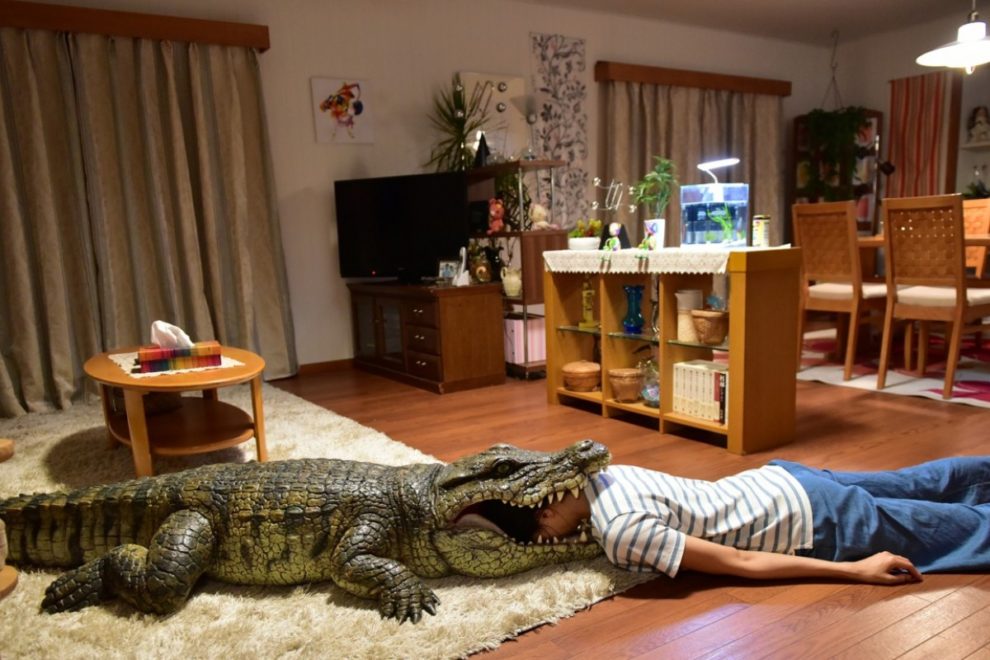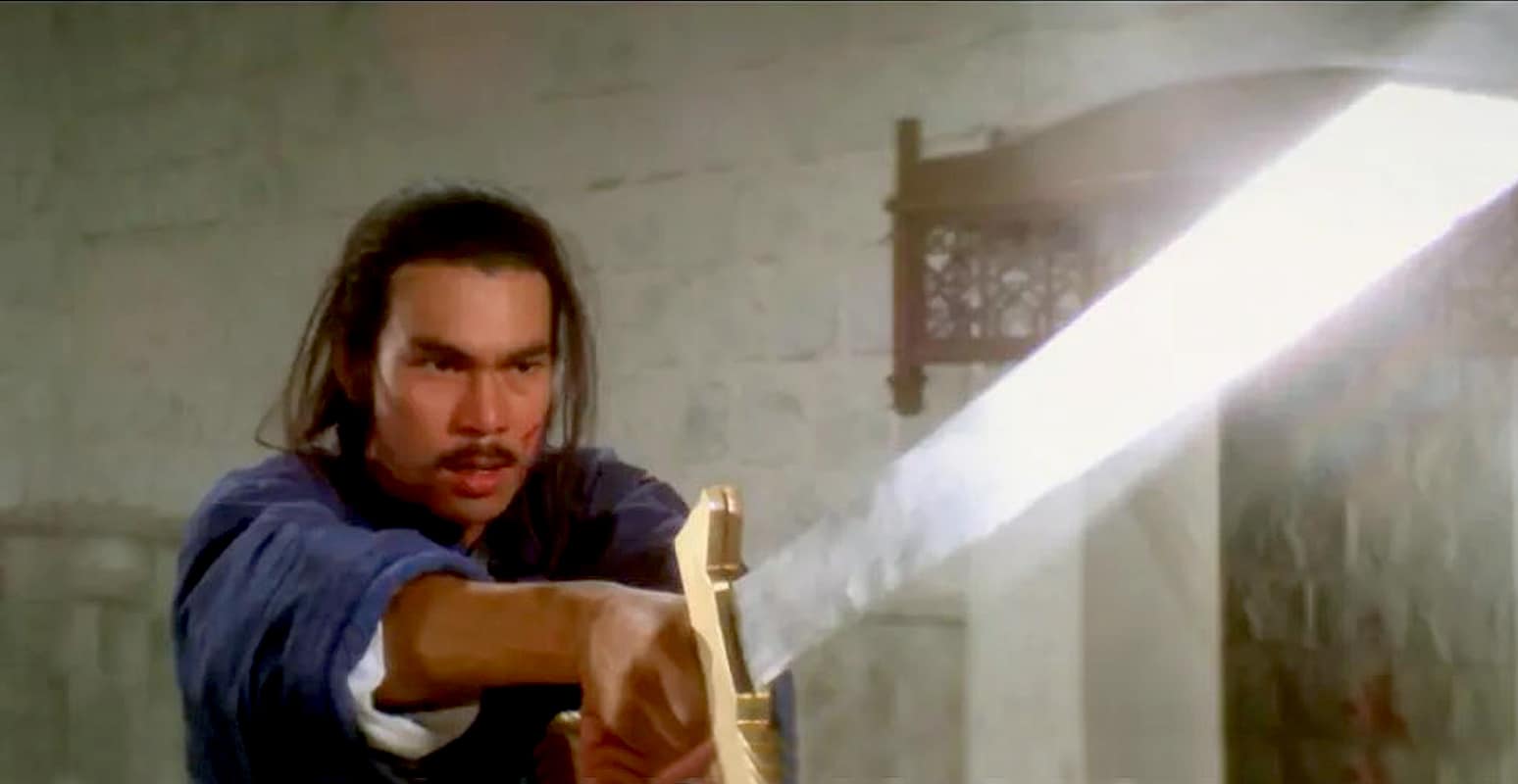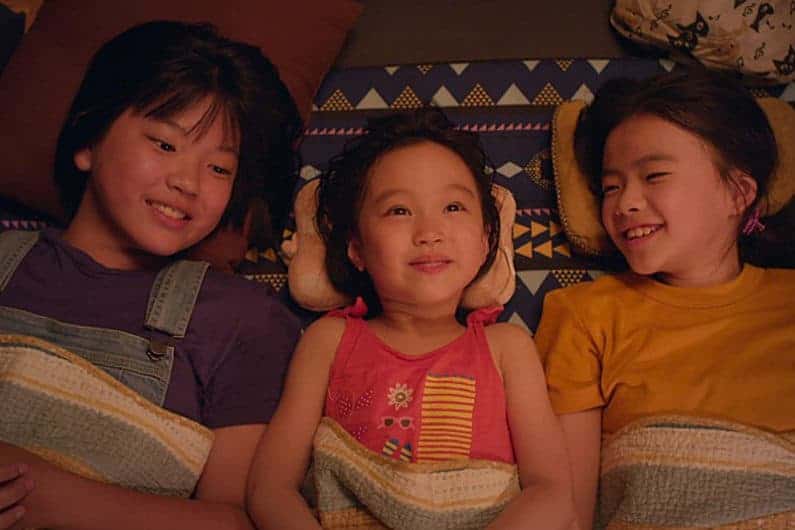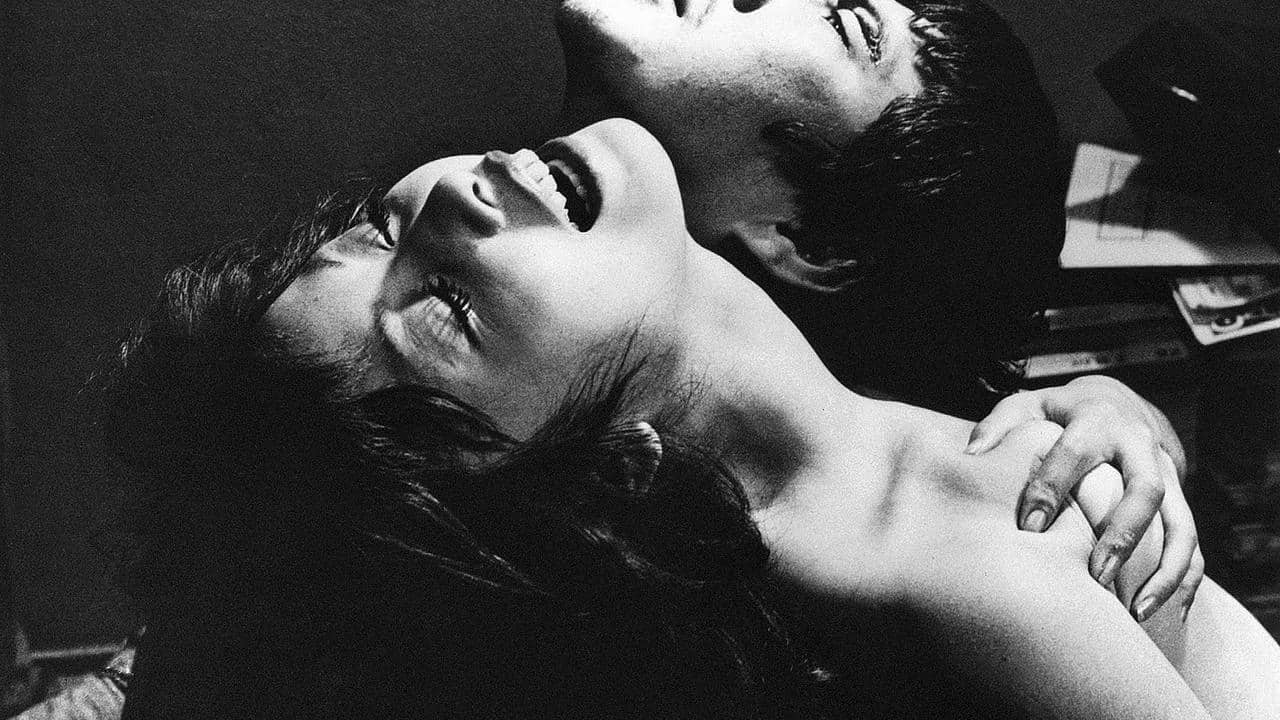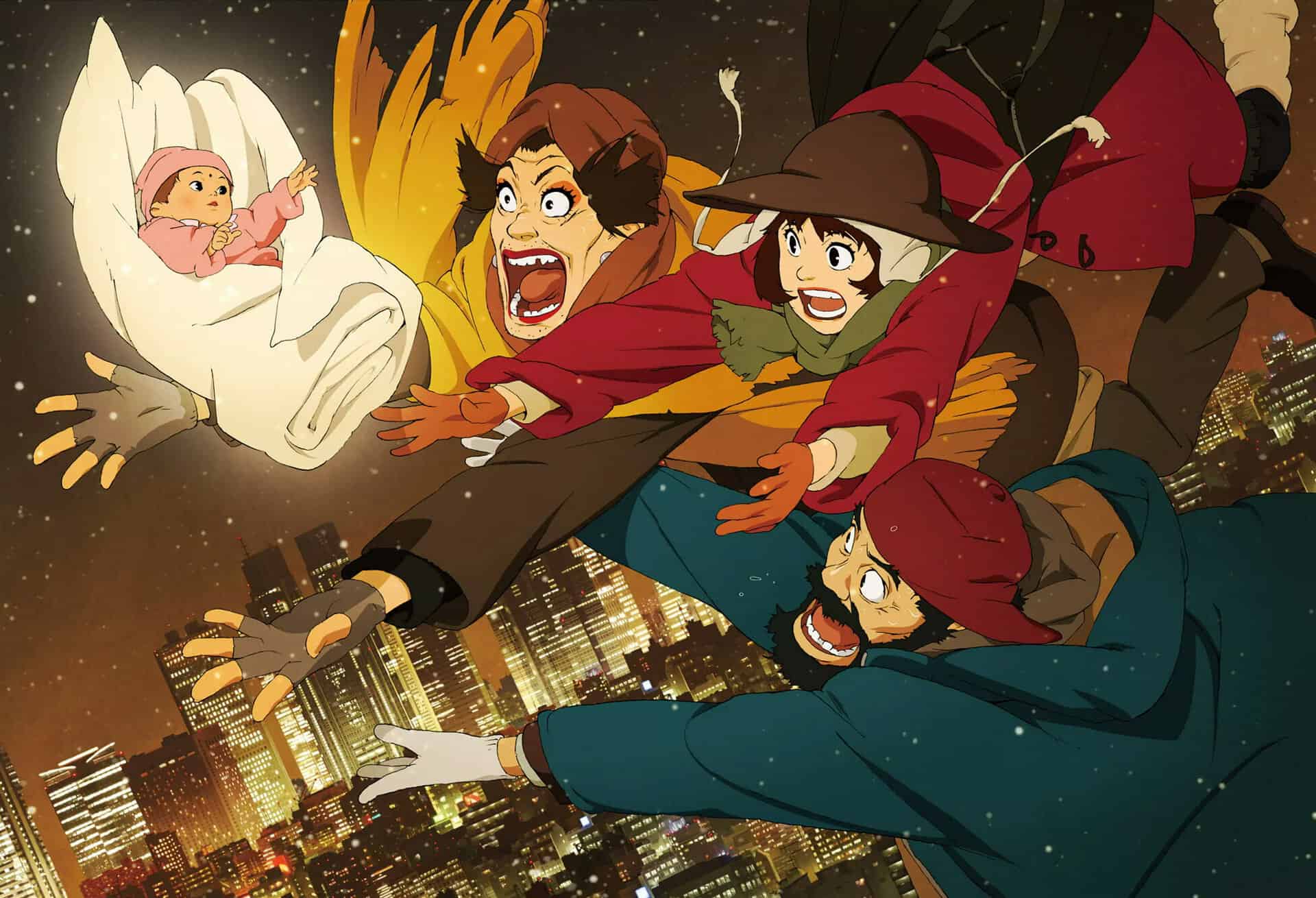As I have mentioned many times before, one of the main nucleus of the Japanese movie industry is the family drama, which is currently dominated by the style of Hirokazu Koreeda, which many consider as a continuation of Ozu‘s. The number of similar productions currently is overwhelming, and thus the main point of interest when reviewing such titles is to find if they manage to stray away from the norms. And while Toshio Lee does not succeed fully in that regard, his effort is definitely different, and not just for the title.
When I Get Home, My Wife Always Pretends to Be Dead is available from Terracotta
Salary man Jun is married for the second time, and thinks that the third year in a marriage is the most crucial one, since that was when he divorced his first wife. As this exact period is upon him and his current spouse, Chie, Jun finds himself exceedingly worried, this is where the story picks him up, as he returns home from his work. However, this time, he is not met with a regular situation, but instead finds Chie bleeding from her mouth and lying on the floor. He is shocked by the scene, but it turns out the blood is just ketchup and she is pretending to be dead. Without telling him why, Chie pretends to be dead every day, leaving him dumbfounded but also quite worried for her psychological situation.
His friend from work, Soma, has a blast with his friend's situation, but eventually agrees to help by arranging for him and his wife, Yumiko, to go out with the said couple. The two women immediately become friends, as it is soon revealed that Soma's marriage is not void of problems, while their elderly boss also shares his two cents about his issues with his wife. Jun tries his best to help his spouse, even participating in her schemes, but nothing seems to change, even after she starts working a part-time job at a local cleaners. Instead of death scenes, however, Chie eventually starts to imitate other things, dressing up as Ultraman and continuing to act rather weirdly.
Toshio Lee directs a film that focuses on the difficulties relationships and particularly marriage poses in the contemporary Japanese society, which in this case, seem to derive from the lack of communication. Chie, who has moved to the city from the countryside after marrying Jun feels bored, neglected and without a sense of purpose since the life of the housewife and the lack of communication with her husband does not satisfy her. To draw his attention, however, she decides to implement a rather eccentric way, which leaves Jun dumbfounded, since he cannot see beyond the surface of her act and particularly the way she wants him to really “deal” with her. The way Lee presents the fact that he is in the wrong is one of the best parts of the narrative, by showing every other individual who learns or experiences her behaviour being thoroughly amused, highlighting in that fashion, how difficult it is for Jun to understand his wife. This aspect finds its apogee in the finale, which actually explains everything, with one exception which is wonderfully presented.
Furthermore, Chie's behaviour is also the medium for another comment; that not everything is as it seems and that behaviors that are easily misunderstood can actually have a wonderful ulterior motive or rather justified roots, in a comment that also moves towards the benefits of accepting others' “eccentricity”.
At almost two hours, Lee somewhat overextends his film, with a number of scenes and episodes that could be briefer or even left out; however, this is the only significant issue of the narrative and the only significant similarity with the family drama norms.
One of the best assets of the movie is Yoshio Yamada's art direction, with the plethora of death and movie scenes Jun recreates highlighting the excellent composition and framing, with Yoshiyuki Matsumoto and Hideki Shima doing an equally artful job in the cinematography of the film. The wait for what Chie will present everyday is also one of the best parts of the narrative.
Nana Eikura as Chie and Ken Yasuda as Jun highlight their antithesis excellently, with Lee taking care of not presenting anyone as the villain. Their treatment of both the comedic and the dramatic moments is quite good, while both exhibiting a very fitting sense of measure in their acting that works quite well in the context of the movie.
“When I Get Home, My Wife Always Pretends to Be Dead” is a film that will apply to all fans of Japanese family drama, but has enough “eccentricity” to satisfy even those who are tired of the “rules” of the genre.


